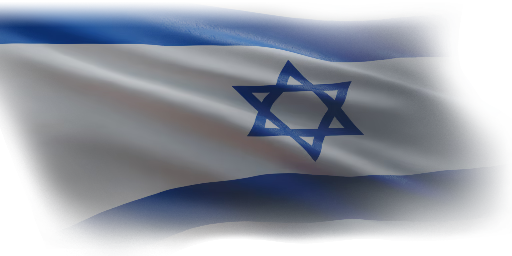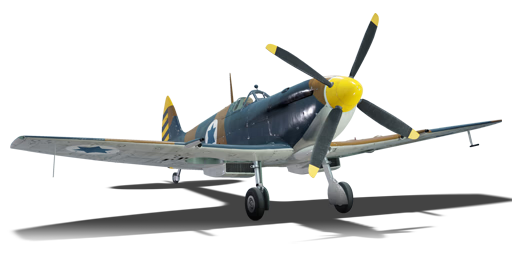



The clipped wing configuration for the Spitfire Mk IX was introduced in the mid-late 1940s to increase manoeuvrability and improve roll rate at lower altitudes, at the cost of less lift. This was due to a shorter surface area, that generated less lift but was also more aerodynamic and less air was travelling around the fuselage
Introduced in Update "Winged Lions", the Spitfire Mk IX (CW) has very good handling and excellent agility. It may lack the ground ordnance common in other fighters such as the P-51s and Fw 190s but offers some of the best acceleration, climb rate and agility for its BR. While not the fastest, its good climb rate makes it capable of reaching high altitudes sooner than most planes which, combined with its agility, makes it a very deadly opponent when it has the speed or altitude advantage.
flaps
flaps
flaps
brake
| Belt | Belt filling | Armor penetration (mm) at a distance: | |||||
|---|---|---|---|---|---|---|---|
| 10 m | 100 m | 500 m | 1000 m | 1500 m | 2000 m | ||
| HEI/SAP-I/T | 22 | 20 | 14 | 9 | 6 | 4 | |
| AP-T/HEI/SAP-I | 37 | 35 | 25 | 16 | 10 | 7 | |
| T/HEI/SAP-I/HEI/SAP-I | 22 | 20 | 14 | 9 | 6 | 4 | |
| AP-T/T/HEI | 37 | 35 | 25 | 16 | 10 | 7 | |
| AP-T/SAP-I/HEI/AP-T | 37 | 35 | 25 | 16 | 10 | 7 | |
| HEI/HEI/SAP-I | 22 | 20 | 14 | 9 | 6 | 4 | |
| Belt | Belt filling | Armor penetration (mm) at a distance: | |||||
|---|---|---|---|---|---|---|---|
| 10 m | 100 m | 500 m | 1000 m | 1500 m | 2000 m | ||
| T/Ball/Ball/I/AP-I | 26 | 24 | 18 | 12 | 8 | 5 | |
| AP-I/AP-I/AP-I/T/I | 26 | 24 | 18 | 12 | 8 | 5 | |
| T/AP/AP/AP-I/AP-I/I | 30 | 27 | 20 | 13 | 9 | 6 | |
| T/T/T/T/T/AP-I | 26 | 24 | 18 | 12 | 8 | 5 | |
| AP-I/AP-I/AP-I/I/I | 26 | 24 | 18 | 12 | 8 | 5 | |
16 × 8-cm Flz.-Rakete Oerlikon rockets












Flight performance | |
|---|---|
Survivability |
|---|
Weaponry | ||
|---|---|---|